Germany faces a major policy dilemma: How to actually cut transport emissions in a context of tight finances, a struggling auto industry and deteriorating transport infrastructure?
As Germany prepares for snap elections in February 2025, the transition to climate-friendly mobility is at a critical juncture. Reports of possible layoffs and plant closures by Volkswagen (VW), as well as falling profits at some of Germany’s biggest automakers, have raised concerns about the long-term sustainability of the world’s most famous auto industry.
At the same time, Germany's rail network has been plagued by delays and cancellations, while its road and bridge systems are increasingly dilapidated.
Experts warn that further delays will only increase costs. “The longer the delay, the more difficult and expensive it will be to implement,” said Christian Hochfeld, director of the transport research organisation Agora Verkehrswende.
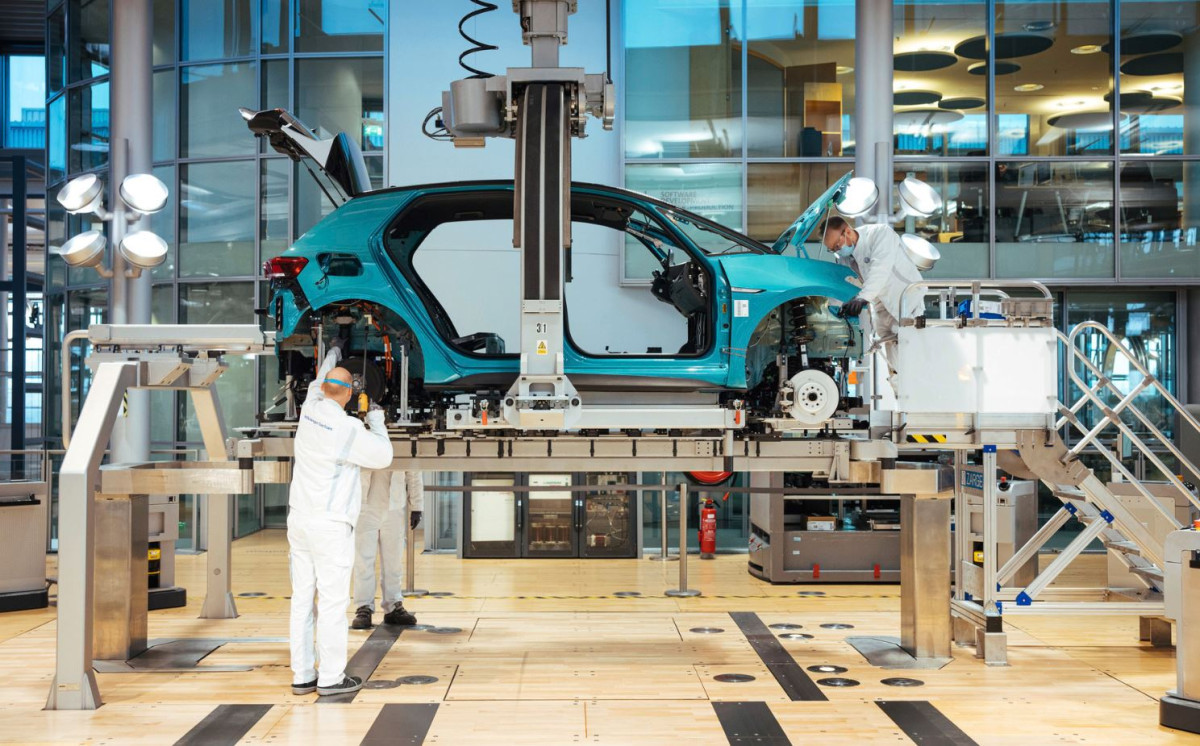
The shift to electric vehicles is a central lever to reduce transport emissions. However, the previous government ’s plan to have 15 million electric cars on the road by 2030 has run into serious difficulties, especially after the abrupt end of the subsidy scheme, which led to a sharp decline in sales.
German manufacturers also face stiff competition from Tesla and Chinese manufacturers such as BYD, while autonomous driving, infotainment and artificial intelligence technologies require new knowledge that many German companies have not yet adapted to.
The tensions in Germany's transport sector come amid growing concerns about the country's overall economy . Germany is now being called the "sick man of Europe" due to a decline in manufacturing activity, a weak labor market, high energy prices as the Ukraine-Russia conflict escalates...
Trump has vowed to impose tariffs on major trading partners, including Germany and the EU, adding to the pressure on an already struggling economy. This could also reduce the funding for ambitious transport policies facing the next administration.
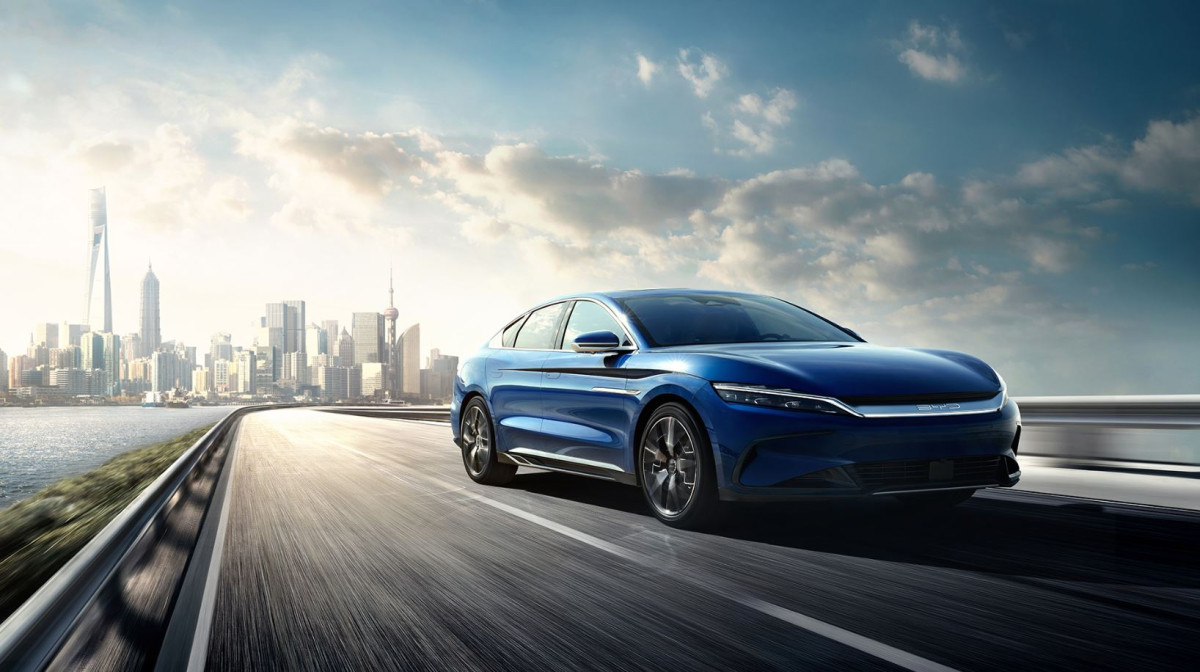
Despite the difficulties, not all the signs are negative. According to the German Automotive Industry Association (VDA), the share of electric vehicles in total vehicle production reached a record 38% in October 2024. German electric vehicle exports also increased by 60% last year, suggesting the industry can still make good use of the opportunities in the green transition.
However, experts warn that Germany needs to quickly improve its policy framework to support the automotive industry in this transition. Hildegard Müller, President of the VDA, stressed that "framework conditions" are key to maintaining the international competitiveness of German industry.
The next German government will face an extremely difficult task: ensuring economic and financial stability, delivering on climate commitments, and ensuring social fairness in mobility policies.
The 2025 elections will decide whether Germany can successfully transform its transport sector, or whether it continues to fall behind. In this context, whether transport policies become a political issue will be crucial. If Germany fails to fix its current problems, its position as a global climate leader will continue to be challenged.
According to Clean Energy Wire

Source: https://vietnamnet.vn/muc-tieu-15-trieu-o-to-dien-cua-nguoi-om-o-chau-au-gap-kho-2355555.html



![[Photo] Students of Binh Minh Primary School enjoy the full moon festival, receiving the joys of childhood](https://vphoto.vietnam.vn/thumb/1200x675/vietnam/resource/IMAGE/2025/10/3/8cf8abef22fe4471be400a818912cb85)


![[Infographic] Notable numbers after 3 months of "reorganizing the country"](https://vphoto.vietnam.vn/thumb/1200x675/vietnam/resource/IMAGE/2025/10/4/ce8bb72c722348e09e942d04f0dd9729)

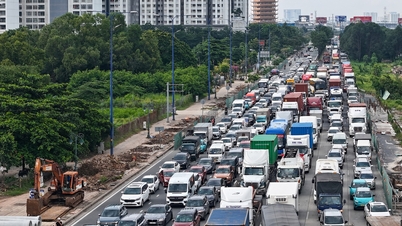

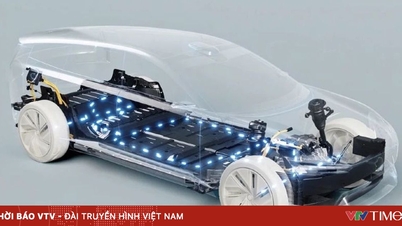









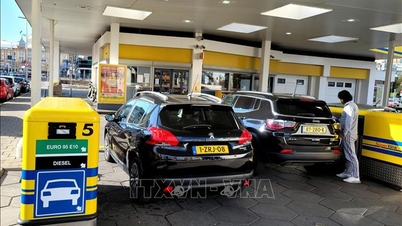













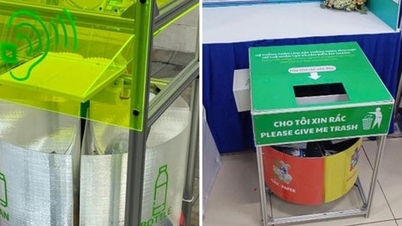


![[Photo] Prime Minister Pham Minh Chinh chairs meeting to deploy overcoming consequences of storm No. 10](https://vphoto.vietnam.vn/thumb/1200x675/vietnam/resource/IMAGE/2025/10/3/544f420dcc844463898fcbef46247d16)





































































Comment (0)